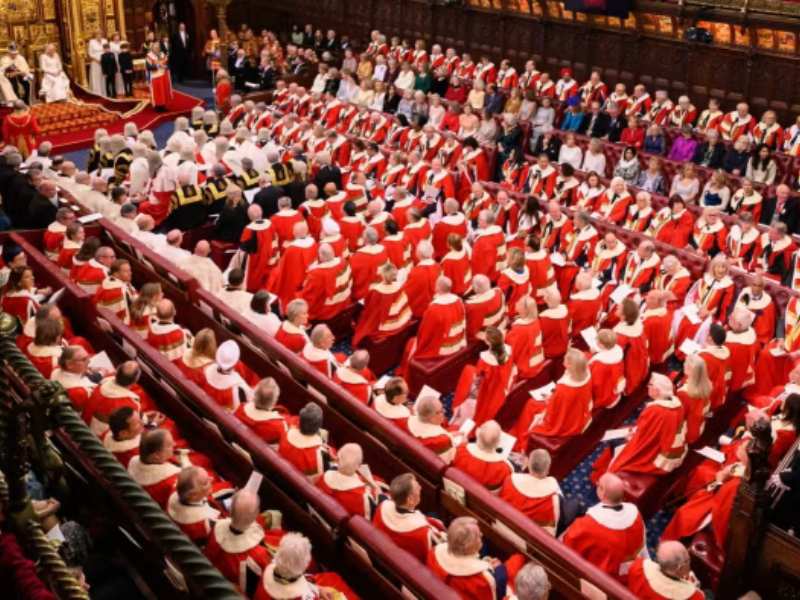The UK government has been dealt a significant blow in the House of Lords as peers voted in favour of an amendment to the Data Protection and Digital Information Bill that would force artificial intelligence companies to disclose which copyrighted materials they have used to train their models.
The cross-party move, led by crossbench peer Baroness Beeban Kidron, passed by a decisive margin of 272 votes to 125, despite government opposition. The amendment marks the second time the Lords have demanded greater transparency from AI firms regarding their use of creative content.
This development intensifies a growing battle between the government and the creative industries, following widespread outcry from artists and cultural figures. Just days before the vote, over 400 notable signatories—including Paul McCartney, author Jeanette Winterson, pop star Dua Lipa, and the Royal Shakespeare Company—signed a public letter urging Prime Minister Rishi Sunak to resist lobbying from “powerful overseas tech companies” and protect UK intellectual property rights.
Lady Kidron, speaking in the Lords, challenged the government’s current approach, which would allow AI developers to use copyrighted material unless creators explicitly opt out. Critics say such a mechanism is “unworkable” and threatens a UK creative sector valued at £120 billion.
“We do not deny the creative and economic value of AI,” said Kidron. “But we do deny the assertion that we should have to build AI for free with our work, and then rent it back from those who stole it. It is an assault on the British economy and it is happening at scale.”
The amendment requires AI developers to declare whether copyright-protected content has been used in training models—a move advocates argue is essential for protecting intellectual property, transparency, and accountability in the rapidly evolving AI landscape.
The bill will now return to the House of Commons, where a potential showdown looms. If the government attempts to strike down the Kidron amendment, it is expected to face renewed resistance in the Lords.
In response to the mounting criticism, a spokesperson for the Department for Science, Innovation and Technology reiterated that the government will not “rush any decisions” on copyright law and will not introduce related legislation until it has “a practical plan which delivers on each of our objectives.”
While the government has already offered a concession—promising an economic impact assessment of its AI copyright proposals—a source close to tech secretary Peter Kyle suggested that the controversial “opt out” model is no longer the frontrunner among policy options.
The outcome of the Commons’ next move will determine whether the government can push forward with its AI agenda or if it will need to compromise further with a growing alliance of creators, lawmakers, and public advocates demanding stronger protections for UK intellectual property.

